Three adventures off the beaten track
Lose yourself in undiscovered corners of the world
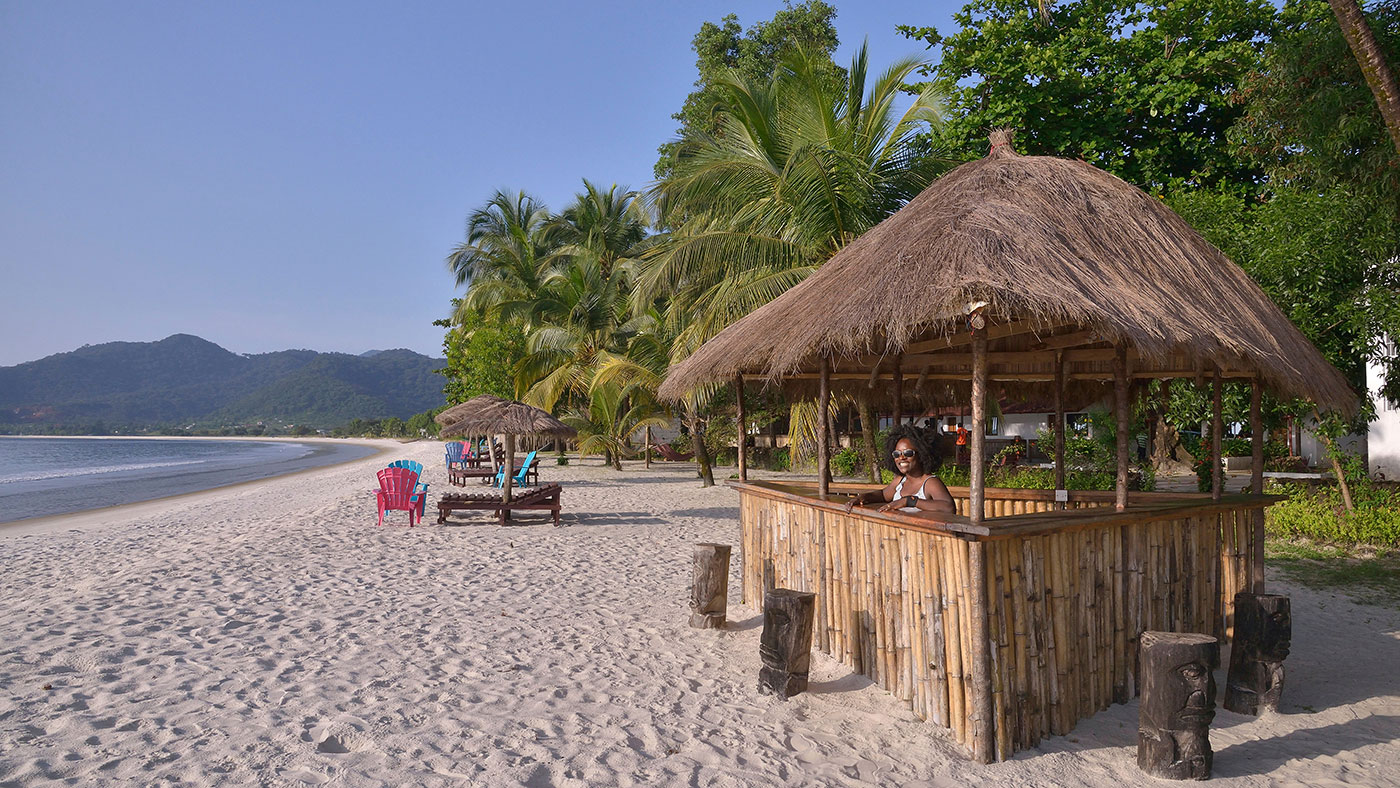
A free daily email with the biggest news stories of the day – and the best features from TheWeek.com
You are now subscribed
Your newsletter sign-up was successful

For the past 30 years, Sierra Leone has been associated with violence and despair, says Will Brown for 1843 magazine. A brutal civil war in the 1990s lasted till 2002. Just as travellers were beginning to trickle back, ebola struck. Its fledgling tourist industry still has not picked up.
That is a waste of potential. A visit to the country will be challenging: the roads are dangerous and you need to be streetwise and organised. While drifting down the Moa river in a canoe to spend a weekend on Tiwai, an island covered in dense rainforest in the south of the country, Brown’s boatman made a sharp turn into the river bank and started to cut two long branches into spears to tackle the crocodiles that lay just ahead. (It turns out the boatman was pulling his leg.)
The Week
Escape your echo chamber. Get the facts behind the news, plus analysis from multiple perspectives.

Sign up for The Week's Free Newsletters
From our morning news briefing to a weekly Good News Newsletter, get the best of The Week delivered directly to your inbox.
From our morning news briefing to a weekly Good News Newsletter, get the best of The Week delivered directly to your inbox.
But lurking crocodiles or not, the country has much to offer. You’ll have the white sands of the country’s world-class beaches to yourself. There are national parks aplenty, from Tiwai to Kangari Hills Forest Reserve. Just outside Freetown is the splendid Tacugama Chimpanzee Sanctuary, and an hour south you’ll find the country’s first surf school.
Freetown itself is “fantastically chaotic”, with “gritty bars and churning markets” amid the dilapidated, colonial-era British buildings. Around Freetown’s swankier Aberdeen peninsula and the “picture-perfect” Lumley beach you’ll find some classy bars and restaurants. For travellers prepared to “step outside their comfort zone”, Sierra Leone is “one of the most spellbinding places on the continent”.
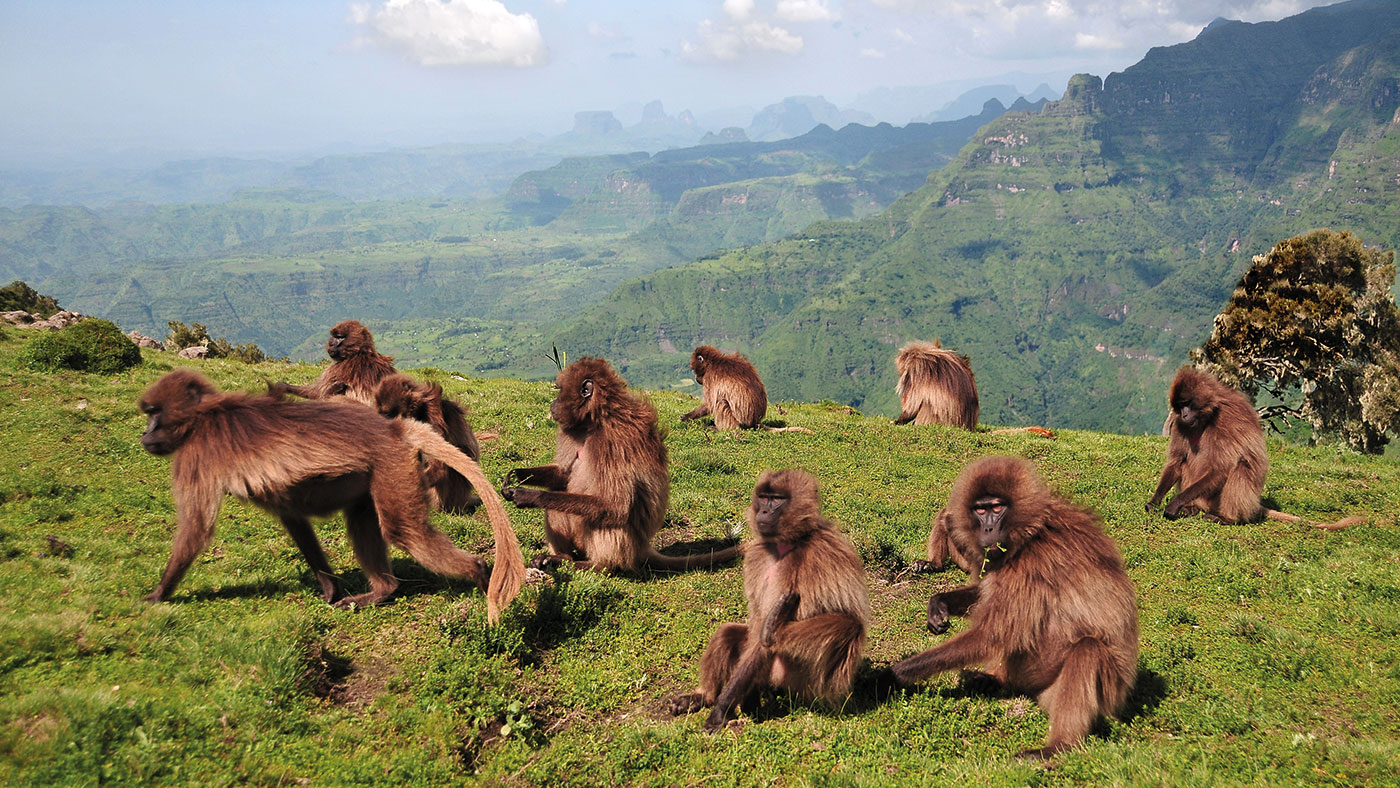
Unique draws in Ethiopia
Hand-feeding hyenas; visiting subterranean churches hewn out of rock; wolf-spotting on one of Africa’s highest mountains – Ethiopia’s mix of such “diverse and unique draws” makes it a travel destination unlike any other, says Samuel Gebre on Bloomberg.
A free daily email with the biggest news stories of the day – and the best features from TheWeek.com
Known as “the cradle of humankind” ever since a 3.5-million-year-old hominid skeleton was discovered there, Ethiopia is today a patchwork of ethnic groups, more than 80 in total, whose ancestry in Ethiopia spans at least 3,000 years. “A visit to this incredible land is akin to stepping into the pages of the Old Testament,” says Nicola Shepherd of Explorations, a travel agency.
Legend has it that Lalibela’s 800-year-old monolithic churches, all carved out of solid rock, were built with the help of angels who flew in building materials by night to create a replica of Jerusalem. Lalibela is smaller and more charming, and it’s well worth spending a day roaming the area’s 11 churches.
Ethiopia’s frequent and vibrant festivals, such as Timket in January, during which the Ethiopian Orthodox community plunges into waters to celebrate the baptism of Christ, are surprisingly accessible for visitors and a good way to get to understand the country.
Simien National Park and the Bale mountains in the north are a hiker’s paradise. The mountains are home to the Ethiopian wolf, the gelada baboon and the Walia ibex, a type of goat found nowhere else on earth. See them with the help of guides at Bale Mountain Lodge, one of Ethiopia’s first luxury hotels. Each of its 11 stone-walled suites has a wood-burning stove to warm guests on chilly nights. (See BaleMountainLodge.com.)
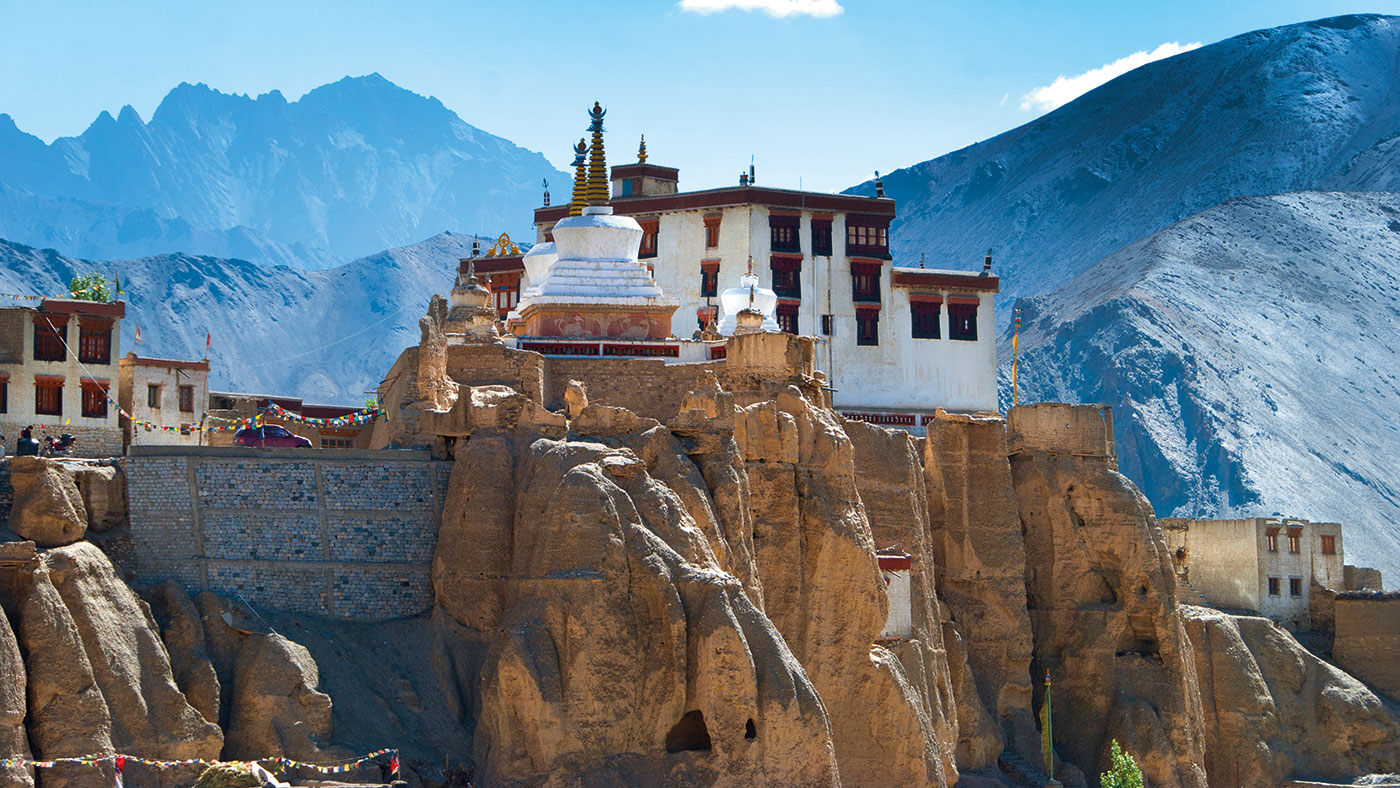
Ageless Buddhist kingdom
Leh, a town in the Ladakh region of Jammu and Kashmir in the far north of India, and once the royal seat of a former Buddhist kingdom, is as seemingly ageless and eternal as the mountains that surround it, says Lucas Peterson in the New York Times. The Ladakh region in the Himalayas has changed noticeably over the last decade, but it remains a “wondrous destination for the adventurous traveller”, with its captivating scenery, generous and friendly people, and abundance of accessible holy places.
In Leh, it’s best to stay within walking distance of the Main Bazaar, the hub of shopping and dining activity And the bazaar is a good destination for your first day – you’ll want to take it easy and drink plenty of water as your body acclimatises to the change in altitude. There you will find good traditional Ladakhi fare, perfect fuel for a mountain trek.
Once you’ve found your feet, it makes sense to hire a car and venture out into the surrounding area, as this is a “good part of the fun of being in Leh”. There are many attractions, but a highlight is Lamayuru, one of the most venerated and ancient monasteries in the region. It is a couple of hours’ drive from Leh. Closer by is the Thikse monastery, about 12 miles west of the town. Both are places of incredible serenity, simplicity and calm in landscapes of stunning beauty. Visit early and observe the young monks blowing into their conch shell horns to mark the start of morning prayers.
This article was originally published in MoneyWeek
-
 6 exquisite homes with vast acreage
6 exquisite homes with vast acreageFeature Featuring an off-the-grid contemporary home in New Mexico and lakefront farmhouse in Massachusetts
-
 Film reviews: ‘Wuthering Heights,’ ‘Good Luck, Have Fun, Don’t Die,’ and ‘Sirat’
Film reviews: ‘Wuthering Heights,’ ‘Good Luck, Have Fun, Don’t Die,’ and ‘Sirat’Feature An inconvenient love torments a would-be couple, a gonzo time traveler seeks to save humanity from AI, and a father’s desperate search goes deeply sideways
-
 Political cartoons for February 16
Political cartoons for February 16Cartoons Monday’s political cartoons include President's Day, a valentine from the Epstein files, and more
-
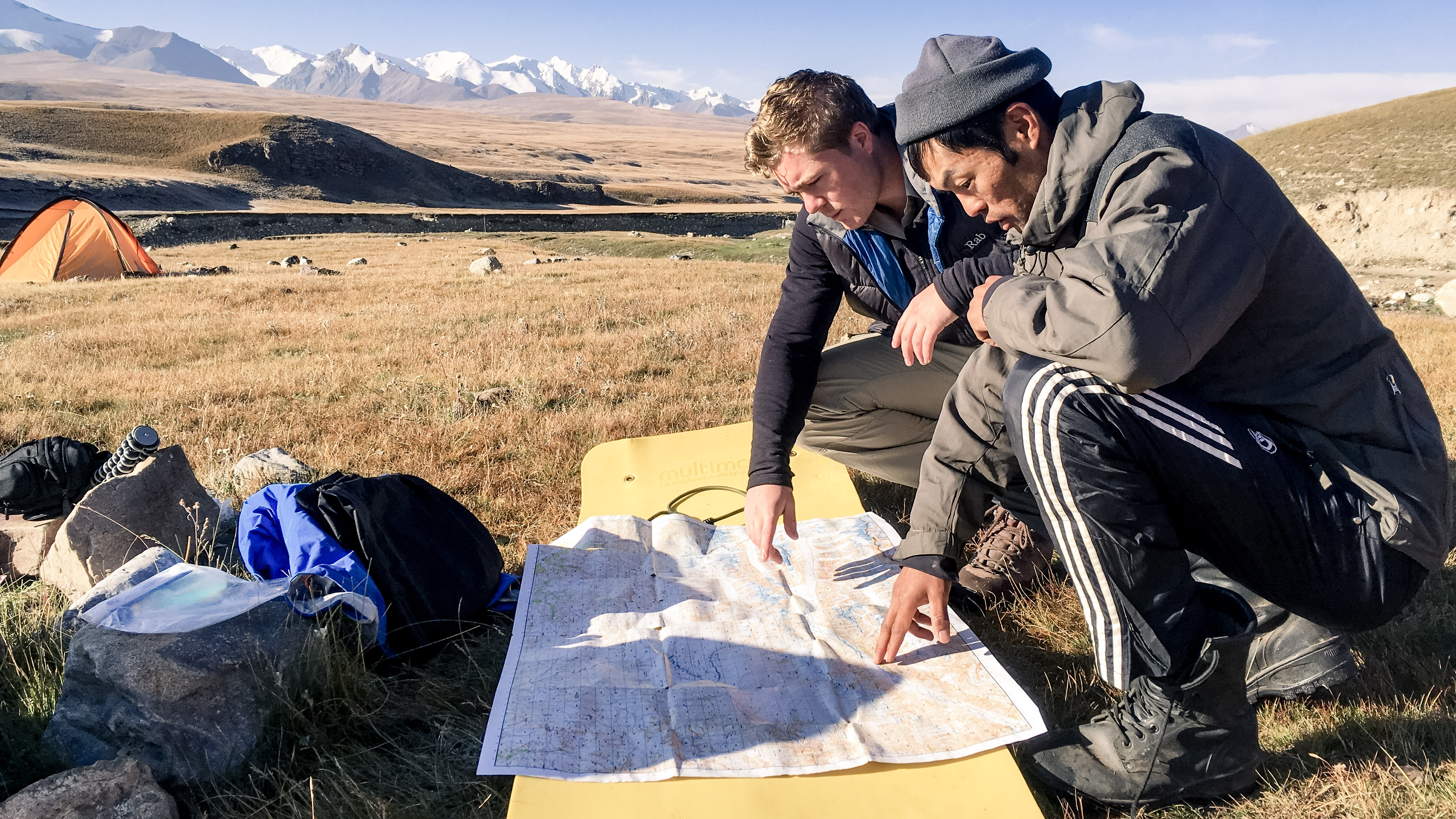 How community-based tourism can reshape travel for the better
How community-based tourism can reshape travel for the betterIN And five tips for finding a responsible community travel company
-
 Sport on TV guide: Christmas 2022 and New Year listings
Sport on TV guide: Christmas 2022 and New Year listingsSpeed Read Enjoy a feast of sporting action with football, darts, rugby union, racing, NFL and NBA
-
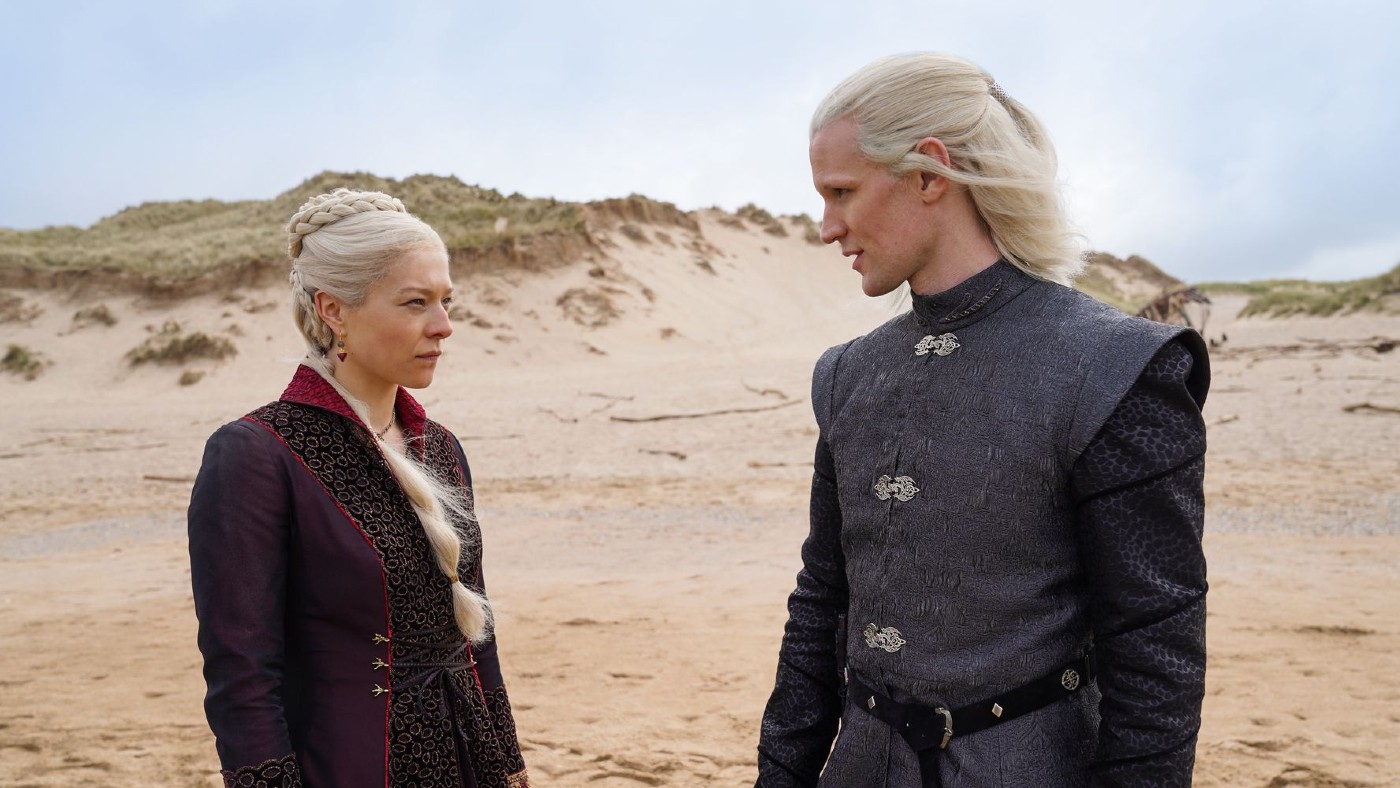 House of the Dragon: what to expect from the Game of Thrones prequel
House of the Dragon: what to expect from the Game of Thrones prequelSpeed Read Ten-part series, set 200 years before GoT, will show the incestuous decline of Targaryen
-
 One in 20 young Americans identify as trans or non-binary
One in 20 young Americans identify as trans or non-binarySpeed Read New research suggests that 44% of US adults know someone who is transgender
-
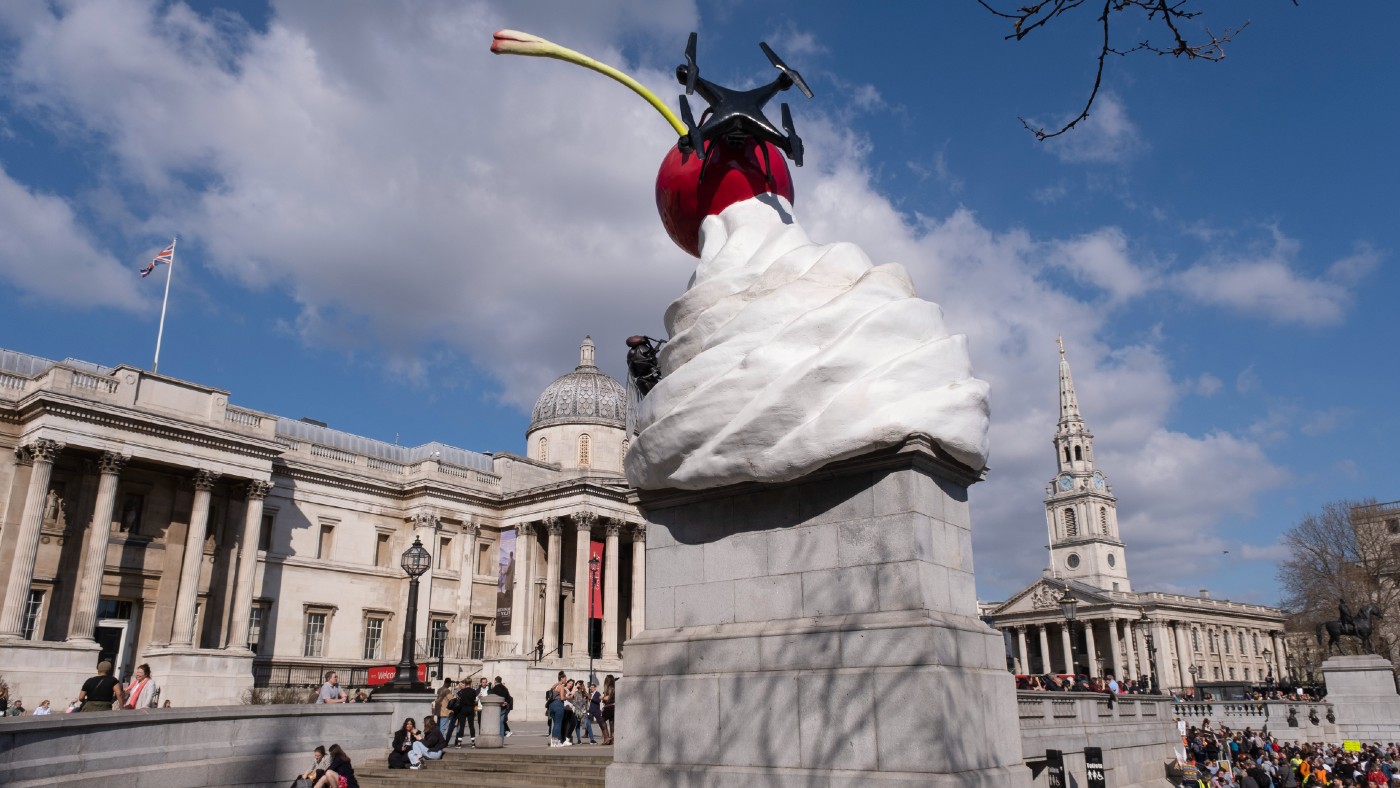 The Turner Prize 2022: a ‘vintage’ shortlist?
The Turner Prize 2022: a ‘vintage’ shortlist?Speed Read All four artists look towards ‘growth, revival and reinvention’ in their work
-
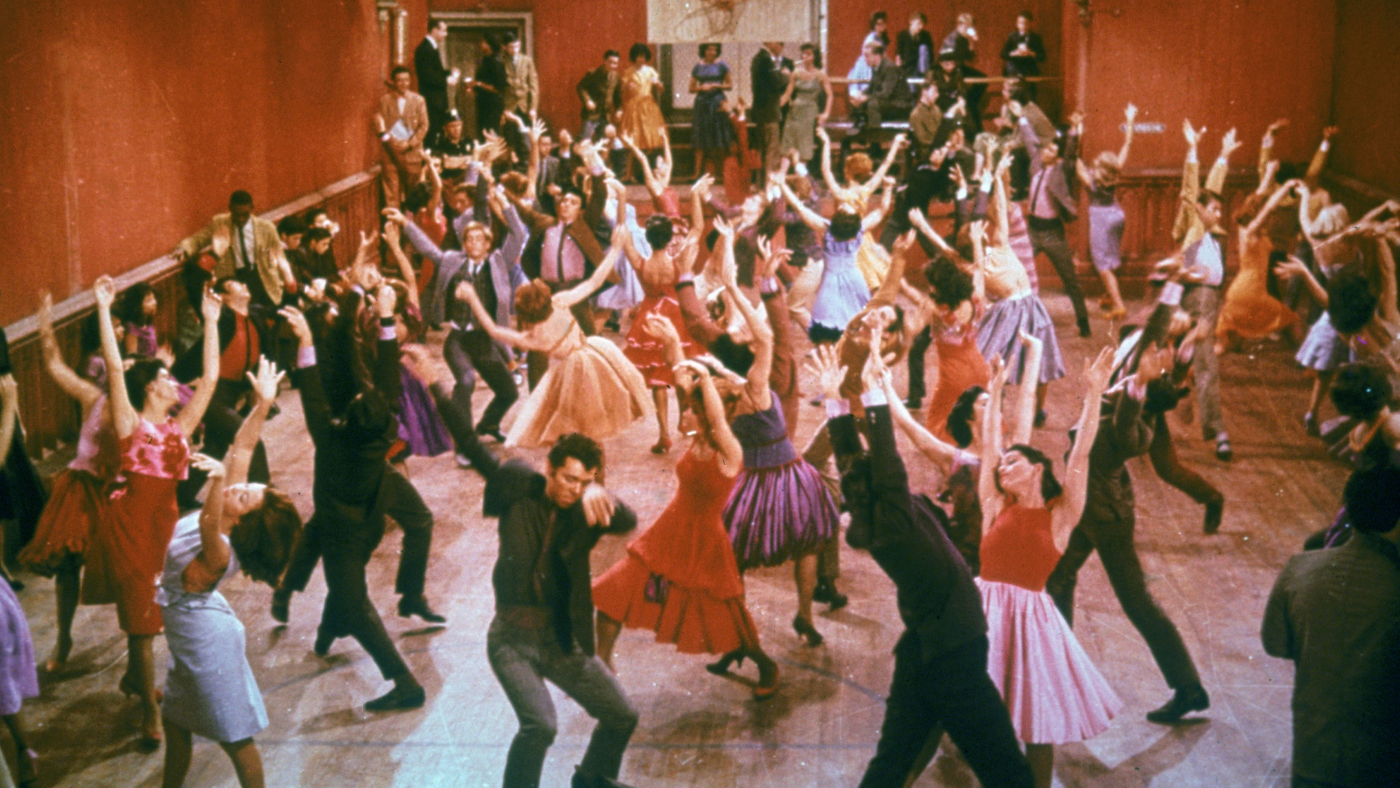 What’s on TV this Christmas? The best holiday television
What’s on TV this Christmas? The best holiday televisionSpeed Read From films and documentaries to musicals for all the family
-
 Coco vision: up close to Chanel opticals
Coco vision: up close to Chanel opticalsSpeed Read Parisian luxury house adds opticals to digital offering
-
 Abba returns: how the Swedish supergroup and their ‘Abba-tars’ are taking a chance on a reunion
Abba returns: how the Swedish supergroup and their ‘Abba-tars’ are taking a chance on a reunionSpeed Read From next May, digital avatars of the foursome will be performing concerts in east London